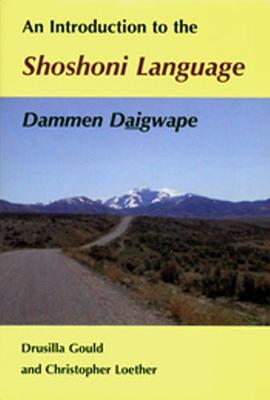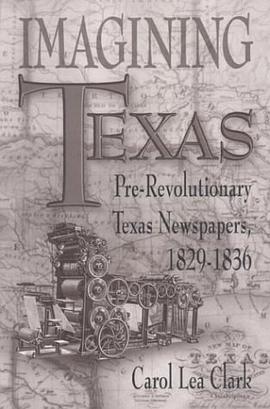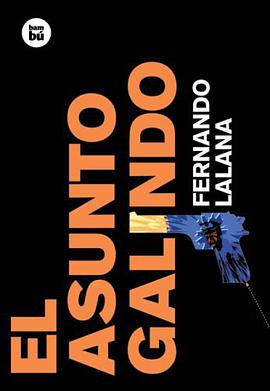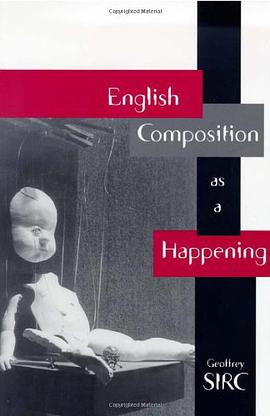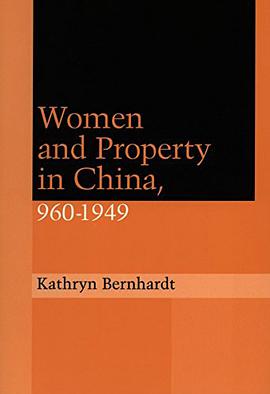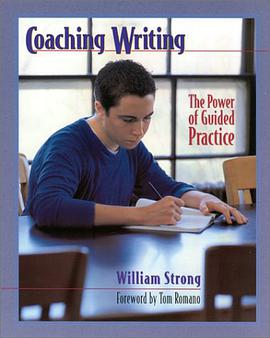

具体描述
This work presents a "coaching approach" to instruction in written language - an approach that is eclectic, pragmatic and synthetic. It centres on finding balance - ways of working smarter, not harder -and thus reducing the risk of burnout in teaching. In pursuing balance, William Strong invites teachers to consider - or revisit - practical activities, tasks and methods for exercising language and coaching writing. The chapters are intended as resources, not as curriculum sequences. In the first chapter, Strong discusses his work with basic writers and tells how he came to field test and use sentence-combining exercises. In Chapter 2, he provides a research-based rationale for given-language activities and illustrates many activities for connecting such work to instruction in writing and literature. In Chapter 3, he explores the tricky issue of error in written language, outlines ideas for securing student involvement, and offers useful methods for teaching proofreading. Other chapters cover everything from paragraphing and "voice lessons" to strategies for peer-response groups, rubrics, self-assessment, and successfully managing the paper load.
作者简介
目录信息
读后感
评分
评分
评分
评分
用户评价
相关图书
本站所有内容均为互联网搜索引擎提供的公开搜索信息,本站不存储任何数据与内容,任何内容与数据均与本站无关,如有需要请联系相关搜索引擎包括但不限于百度,google,bing,sogou 等
© 2026 book.wenda123.org All Rights Reserved. 图书目录大全 版权所有







